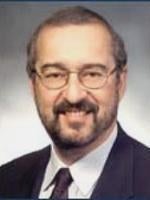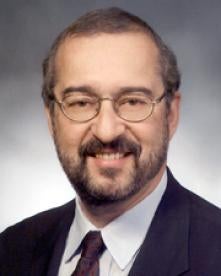The U.S. Supreme Court has granted a writ of certiorari in a license dispute involving licensed defibrillator patents in which a DJ plaintiff (Medtronic) held a license that gave it the right to challenge the licensed patent even while under license. In this case, the licensee (Boston Scientific) held an exclusive license in the patents. Medtronic Inc. v. Boston Scientific Corp., Docket No. 12-1128 (Supr. Ct., 2013).
Normally, a patentee has the burden of proving infringement. Here, when Medtronic challenged whether its new products infringed the patents in question, the Federal Circuit reversed the burden and held that where a licensee sues for a declaratory judgment of non-infringement, it has the burden of proof on infringement. (See IP Update Vol. 15, No. 10.) In its cert. petition, Medtronic posed the following question:
In MedImmune, Inc. v. Genentech, Inc., 549 U.S. 118, 137 (2007), this Court ruled that a patent licensee that believes that its products do not infringe the patent and accordingly are not subject to royalty payments is “not required … to break or terminate its … license agreement before seeking a declaratory judgment in federal court that the underlying patent is … not infringed.”
The question presented is whether, in such a declaratory judgment action brought by a licensee under MedImmune, the licensee has the burden to prove that its products do not infringe the patent, or whether (as is the case in all other patent litigation, including other declaratory judgment actions), the patentee must prove infringement.




 i
i


